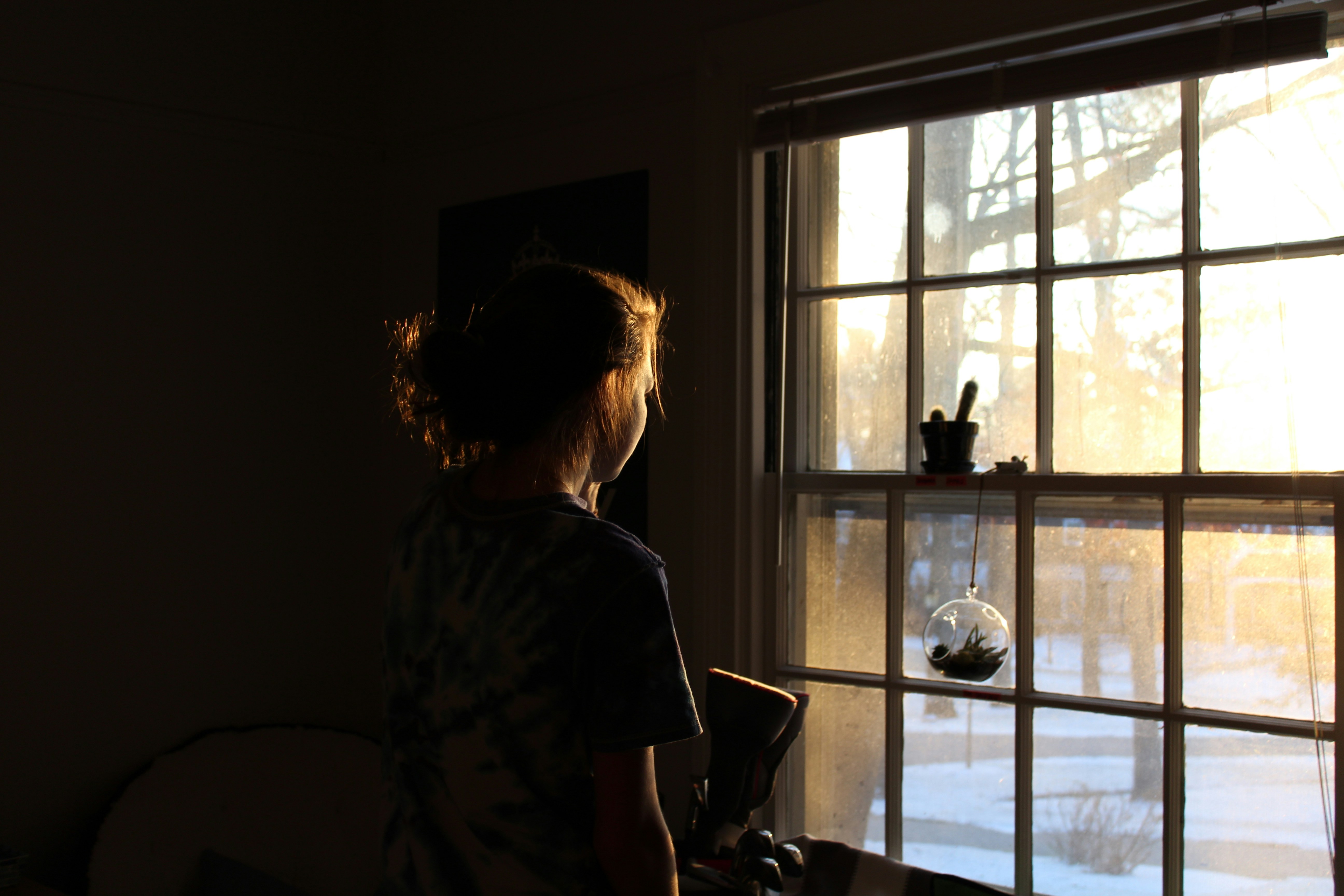Biases and how human think

I’ve been thinking a lot about how human think. More specifically on why we think like the way we do or how we made a certain decision. I’ve written about it from the language point of view in a previous blog post, but I’d like to take another look through the perspective of bias.
But let’s make sure we’re on the same page before we talk about various biases that affect the human decision. The Oxford dictionary defines bias as “inclination or prejudice for or against one person or group, especially in a way considered to be unfair.”
In another note, Psychology Today define it as “a tendency, inclination, or prejudice toward or against something or someone. Some biases are positive and helpful—like choosing to only eat foods that are considered healthy, or staying away from someone who has knowingly caused harm. But biases are often based on stereotypes, rather than actual knowledge of an individual or circumstance.”
Both definitions seem in agreement that biases are most of the time, bring negative effect. But my question is, how we can know that we’re being biased and how to ignore our bias so we can think in a clearer way? The answer, turns out, will depend on the bias. So that means, that we have to be aware of what kind of bias that we might undergo.
A meteorologist, J. Marshall Shpeherd gave a very clear explanation of the 3 kinds of biases that shape our perception about science in his enlightening TED talk. Those 3 biases are:
- Confirmation Bias: which basically means finding evidence to supports what we already believe. I think most of us have been in this position, when we face a dilemma to choose between item A or item B. Most of the times, we already have a decision in mind, but still, we asked other people around to see if they agree with us. We usually ignore the suggestion that doesn’t support our initial decision and keep looking until we’ve got someone who agrees with us. The solution for this is to look for ways to challenge your belief. Seek out information from a range of sources and use an approach such as the Six Thinking Hats to consider situations from multiple perspectives.
- Dunning-Kruger: meaning that we think we know more than we do or that we might underestimate what we don’t know. The solution to this, I think is to have an epistemic humility. One of my favorite writer, Colin Wright, explains it brilliantly in his blog post that “epistemic humility means recognizing that your understanding of the world is incomplete, and that as a consequence you may not perceive things as clearly as you believe you do.”
- Cognitive Dissonance: it’s when new information contradicting our existing beliefs that make us struggle to perceive something outside of our experience level. I personally struggle with this in so many levels and after some research on the web, most of the recommendations are suggesting that you can reduce the dissonance by changing your belief, your actions, or how you perceive your actions. I personally find that the last one is what I usually do. And basically, by realizing that we’re just a normal human and it’s natural not to act consistently.
There are of course lots of other biases out there. But let’s stick with these 3 to keep in mind for now.
For me, biases are not only important because it’s deeply embedded in our mind but also it could affect the development of future technology, like Artificial Intelligence. Recently, I read about how AI bias has already happened and why it’s so hard to fix it. It’s disturbing to see how we replicate our shortfall in technology that we created ourselves.
The book that I’ve been reading, Predictably Irrational is a great resource if you would like to know how the business world manipulates our economic decision through our biases. Or you can also watch the TED talk version here.
Socrates, once said that the unexamined life is not worth living. I think it’s mostly true in today’s seemingly normal world, but the truth is there are so many external factors that have been interfering our decisions and sometimes even beyond our rational thinking. It’s never too late to revisit our beliefs and possibly take a second look and see how we have lived our life in general. And I guess, that’s how we could live this life more intentionally.
This essay was originally published in the second edition of my newsletter.
Photo by Kate Williams on Unsplash